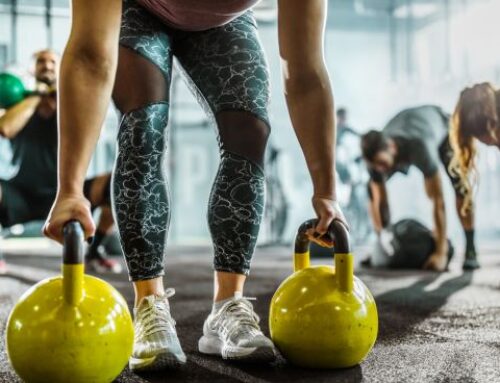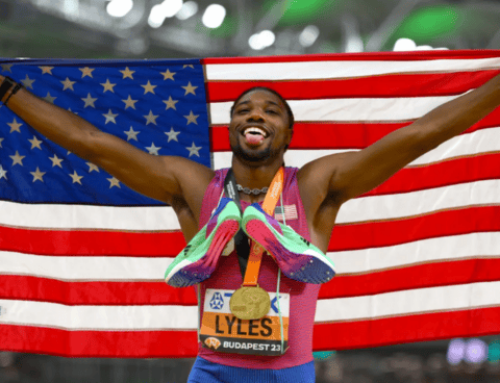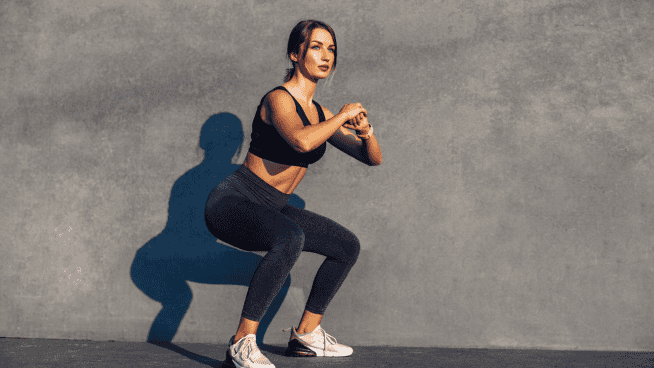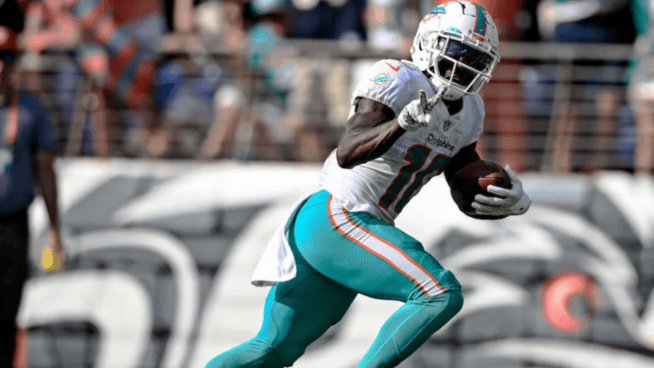2 Energy Drink Rules Athletes Must Follow
Energy drink producers claim the drinks enhance performance, increase stamina and spike alertness, and some research suggests they may improve anaerobic performance and endurance. But other evidence suggests they can put your heart on the fritz, throw your blood sugar out of whack and even make you pee more often than you’d like. Consumption of energy drinks has been associated with health complications such as irregular heart rate, increased blood pressure, increased urine production, and hyperglycemia.
If you are going to imbibe these amped-up beverages, avoid them before workouts. The performance-boosting effects attributed to these drinks are primarily due to the stimulant caffeine, which also acts as a diuretic, increasing fluid loss and dehydrating the body. Prior to a workout, this can lead to severe dehydration, fatigue, and increased body temperature.
Also remember to read serving sizes. Avoid excessive caffeine intake by drinking only a serving, which may be less than the entire container (in some cases, less than half).
RECOMMENDED FOR YOU
MOST POPULAR
2 Energy Drink Rules Athletes Must Follow
Energy drink producers claim the drinks enhance performance, increase stamina and spike alertness, and some research suggests they may improve anaerobic performance and endurance. But other evidence suggests they can put your heart on the fritz, throw your blood sugar out of whack and even make you pee more often than you’d like. Consumption of energy drinks has been associated with health complications such as irregular heart rate, increased blood pressure, increased urine production, and hyperglycemia.
If you are going to imbibe these amped-up beverages, avoid them before workouts. The performance-boosting effects attributed to these drinks are primarily due to the stimulant caffeine, which also acts as a diuretic, increasing fluid loss and dehydrating the body. Prior to a workout, this can lead to severe dehydration, fatigue, and increased body temperature.
Also remember to read serving sizes. Avoid excessive caffeine intake by drinking only a serving, which may be less than the entire container (in some cases, less than half).













